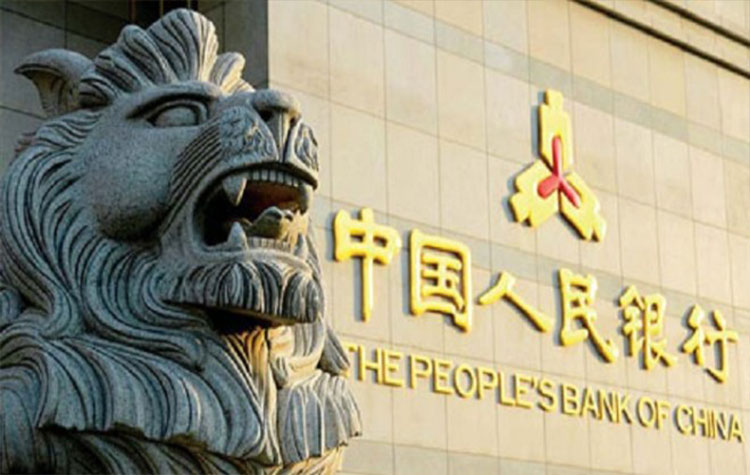
The People’s Bank of China (PBoC) has revealed that its Central Bank Digital Currency (CBDC) is ready.
The announcement was made by the PBoC Deputy Director of Payments and Settlements, Mu Changchun at the China Finance 40 Forum, where he notes that the prototype which is based on a modification of blockchain has been successfully developed after five years (2014) of extensive research.
According to Mu, the PBoC will adopt a two-tier operating model for its digital currency as it will be difficult to run a purely blockchain-based architecture in a country as big and complex as China.
The two-tier blockchain will have the People’s Bank of China at the upper level and commercial banks at the lower level of its implementation. This is done to ensure efficient accessibility, increased adoption among the public, and to promote innovation for commercial agencies.
PBoC’s exec further explains that the digital currency will suit small-scale retail and high frequency businesses.
It will be recalled that China has been in the news since its decision to proceed with its own digital currency ahead of the United States and Facebook’s Libra cryptocurrency rift. Also, last week the devaluation of the Chinese Yuan in response to trade tariffs has led investors to seek alternative assets devoid of the US dollar domination as trade war between both nations continue.
At this time, an official date for the launch of China’s CBDC has not been announced, but given the current hostilities, the Asian nation looks set to sail in this regard.
The recent economic tensions, a quest for fiat domination, and an inkling towards centralized cryptocurrencies in the likeness of decentralized coins like Bitcoin; has become more pronounced. Central banks look to capitalise on the crypto narrative to launch competitive currencies for the changing financial space or risk being left behind in the race for cash-free systems globally.
The implications of this centralized cryptocurrencies are two-fold; while they offer a case for cyrptocurrency adoption and a more efficient financial system, their centralization structure (controlled by politics or individual banks) will always be open to the same censorship factors which have held back fiat currencies in recent times.
At this time different offerings similar to the Facebook Libra cryptocurrency are being developed; it is yet to be seen if these digital currencies will replicate the standards of the decentralized cryptocurrencies.
What are your thoughts on this? Share in the comments
.